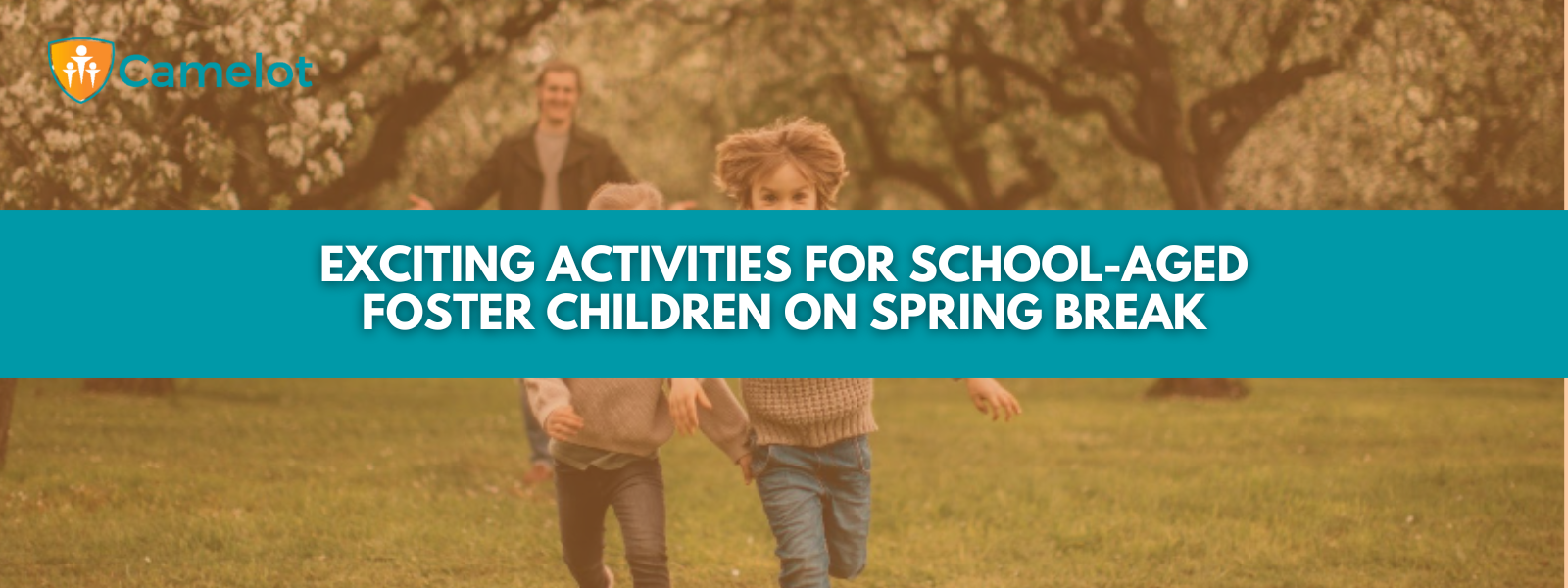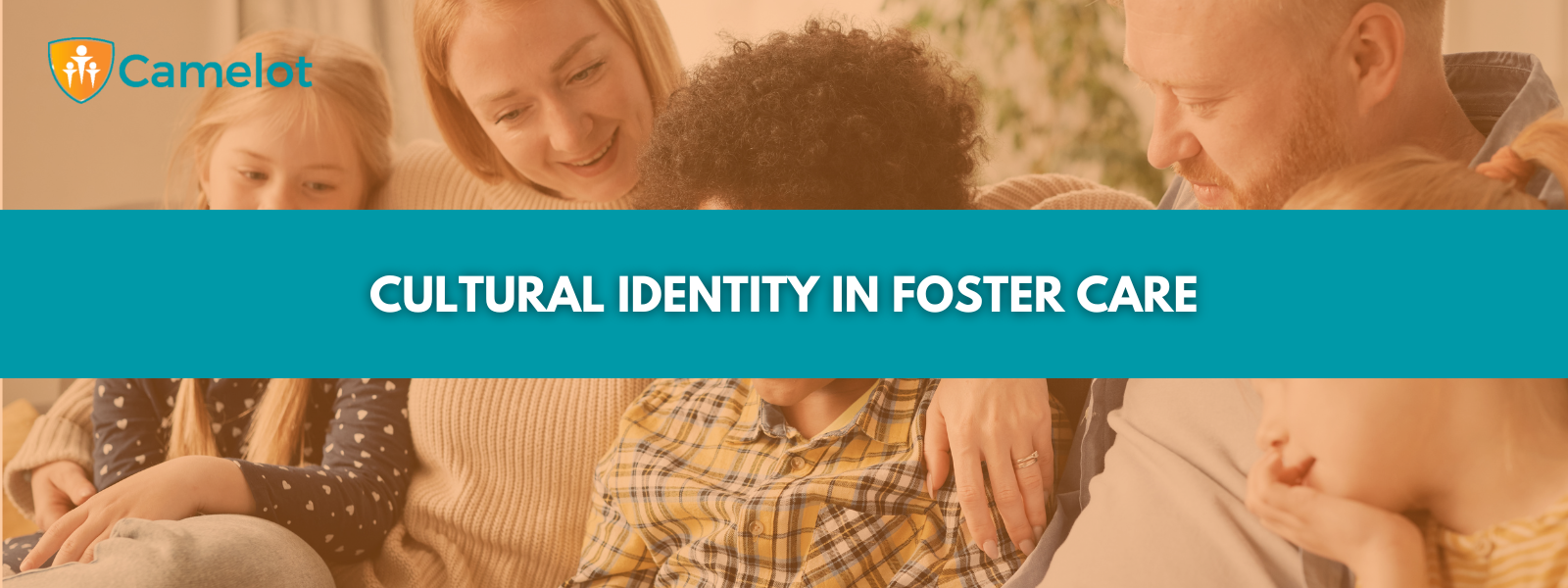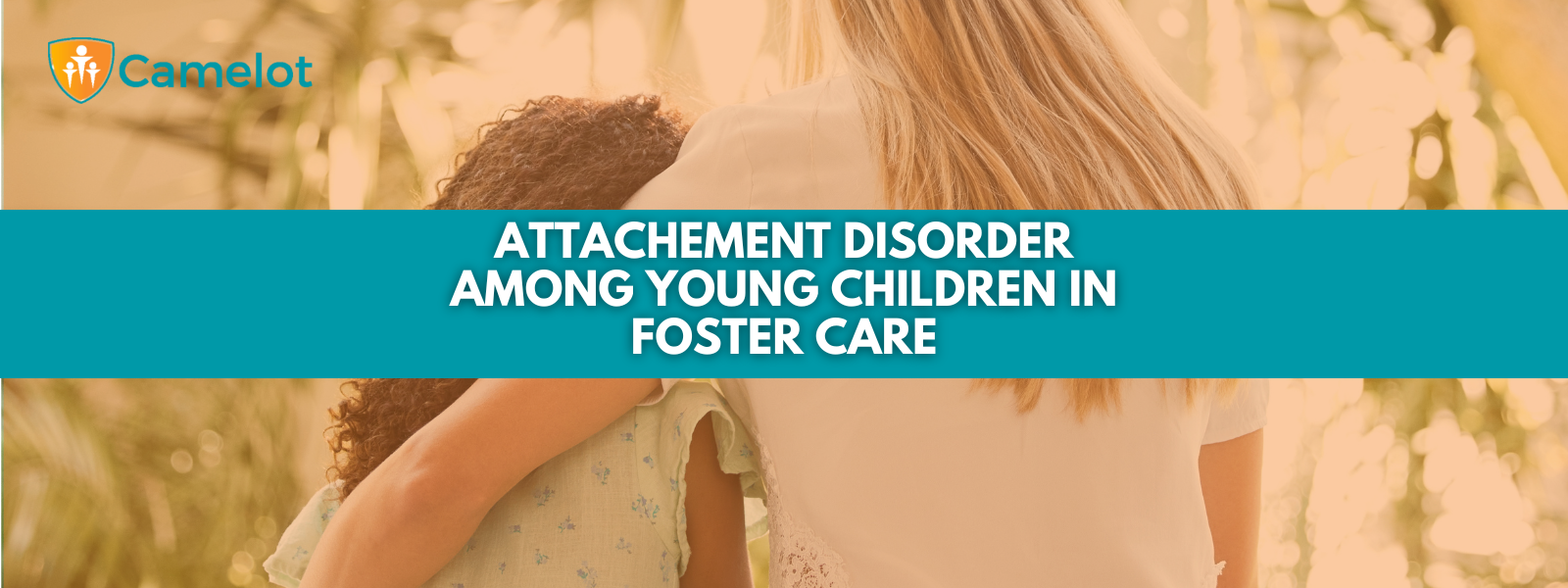The Mental and Emotional Health of Children When Leaving Foster Care
The Mental and Emotional Health of Children When Leaving Foster Care

Parenthood is a profound and rewarding journey filled with joy, challenges, and responsibilities. For those who choose to foster or adopt children, the journey often involves unique circumstances that require extraordinary love, patience, and understanding. This is especially true when a child leaves foster care to join their forever family.
Read on as we go into the mental and emotional aspects of a child's life when transitioning out of foster care into a permanent home.
Understanding the Journey
Leaving foster care marks a significant transition in the lives of children who have endured an uncertain and often tumultuous journey through multiple homes and caregivers. In this phase, children leaving foster care must grapple with a complex array of emotions and challenges as they embark on their path toward independence and adulthood.
Children leaving foster care can experience a whirlwind of emotions. This often encompasses feelings of excitement, relief, anxiety, and sadness all at once. Each emotion signifies a different facet of the child's experience in foster care and their anticipation of the future.
- Excitement often stems from the prospect of finally gaining a sense of permanence and stability. For many foster children, the constant shuffle between homes and caregivers has been a defining aspect of their lives. Leaving foster care signifies an end to this constant upheaval, allowing them to envision a future where they can build a stable and nurturing environment.
- Relief may arise from the alleviation of any challenges or difficulties they encountered during their time in foster care. It could be the relief of leaving behind a particularly challenging living situation or saying goodbye to a foster family that was not the right fit. For some, leaving foster care is a sigh of relief, marking the end of a chapter filled with uncertainty and adversity.
- Anxiety can be a significant emotion as well, as the children face the unknowns of life beyond foster care. Questions about where they will live, how they will support themselves, and who will be there to guide them may loom large. The fear of losing the support systems they have come to rely on can create substantial anxiety.
- Sadness often arises from leaving behind the people and routines they've grown accustomed to. Even in less-than-ideal foster situations, children often form attachments to their caregivers and fellow foster siblings. The separation from these relationships can be deeply sorrowful, as it represents yet another loss in their already-tumultuous lives.
Growing Attachments
Foster children often form deep emotional attachments to their foster parents and caregivers. These attachments can be profound and enduring, mirroring the parent-child bond that forms in biological families. When it's time to leave, the separation can be challenging for both the child and their foster family.
The Emotions of the Foster Family
Simultaneously, foster families also experience their own complex set of emotions during this transition. However, both the foster families and the child can think of it as not an end, but merely a new chapter. The journey of healing and growth will continue with the love and support of their forever family, and the foster family can always remain in contact as well to help with this transition.
The Role of the New Family
Congratulations on the new addition to your family! You’ve taken on a large role in a child’s life, and it’s imperative to consider both their mental and emotional well-being. Don’t take things personally; no matter who their forever parent is, it’s a new person to them, and that will take some time to get used to. That being said, just remember the big picture and the goal that you want to achieve every day of providing a safe and loving place for the child to grow up in. That’s the goal of any parent, after all!
Keep the following in mind when creating a nurturing environment:
Open Communication
It goes without saying that communication that is open and free of judgment is what we all strive for in our safe spaces. For a child, this is especially important. As they learn and grow, they need someone with whom they can talk through their emotions, thoughts, and concerns—and that needs to be their parent. No matter what biases or previous ideas you might have, remember that the most important thing you can do is constantly and consistently take your child’s side. If they know you’re there to listen and support them, with no strings attached, they’ll feel like they can voice their thoughts and feelings.
Use your words to also clearly communicate any changes to the daily routine or any rules you have so that your child is aware of what is expected of them. If a child doesn’t know they were supposed to do something at a certain time, for example, it is your responsibility to let them know. This can help set an open line of communication if done immediately as well.
Patience and Understanding
Understand that the child may need time to adjust to their new life. Be patient with their emotional ups and downs. Your unconditional love and acceptance will help them feel secure and valued. Take a little extra time to let the child get used to their new environment, and positively reinforce any good behaviors you see so that your interactions are not always corrections.
Maintain Connections
If it's possible and safe, try to maintain connections with the child's former foster family or caregivers. These relationships can provide emotional continuity and comfort during the transition.
The Importance of Stability
One of the key factors in promoting a child's mental and emotional health after leaving foster care is providing stability. Stability can manifest in various aspects of their life:
- Home Environment: Create a stable and nurturing home environment. Consistent routines, rules, and expectations can help the child feel safe and secure.
- School and Education: Ensure that your child's education remains uninterrupted. A stable school environment, along with academic support, can help them thrive and build self-esteem. School can be like a home away from home for a lot of children and having that second safety net can be very beneficial.
- Access to Support Services: Connect with professionals who can offer guidance and support for both you and your child. This may include therapists, counselors, or support groups.
Building Self-Esteem and Confidence
Children who have experienced foster care often struggle with self-esteem and confidence issues due to past traumas or disruptions in their lives. Here are some strategies to help boost your child's self-esteem:
Encourage Their Interests
Identify your child's interests and talents and encourage them to pursue these activities. Success and recognition in areas where they excel can significantly boost self-esteem.
Praise and Positive Reinforcement
Offer genuine praise and positive reinforcement for their efforts and accomplishments, no matter how small. This can help build their self-confidence and sense of self-worth.
Affirmation and Validation
Make a conscious effort to affirm your child's feelings and experiences. Let them know that their thoughts and emotions are valid, even if they differ from your own.
Dealing with Trauma
Many children in foster care have experienced trauma in various forms, which can have lasting effects on their mental and emotional health. Recognizing and addressing trauma is essential for healing and growth.
This can be done by:
- Seek Professional Help: If your child has experienced trauma, consider seeking the guidance of a therapist or counselor who specializes in trauma-informed care. Therapy can provide a safe space for them to process their experiences and develop coping strategies.
- Supportive Parenting: Be a source of comfort and support. Create a trauma-sensitive environment that prioritizes safety and emotional well-being. Understand that certain triggers may evoke strong emotional responses and respond with empathy and patience.
- Educate Yourself: Educate yourself about trauma and its effects on children. This knowledge will empower you to better support your child and create a nurturing environment.
Fostering Resilience
Resilience is the ability to bounce back from adversity, and it's a trait that can be nurtured in children. Here's how you can help your child develop resilience:
Problem-Solving Skills
Encourage your child to develop problem-solving skills by involving them in age-appropriate decision-making. This fosters a sense of agency and autonomy. It also lets them have a sense of control; if they can help make decisions in their own lives, it fosters a strong sense of self and stability.
Emotional Regulation
Teach your child healthy ways to cope with and express their emotions. This can include deep breathing exercises, mindfulness techniques, or journaling. It can even just be setting aside time every day for their hobbies or interests as a safe regulating tool.
Building Social Connections
Encourage your child to build positive social connections with peers, mentors, and role models. These relationships can provide emotional support and a sense of belonging. It doesn’t have to be many social connections either; a few strong ones work just as well as a lot of weaker ones.
Camelot Care Center is your place in Tennessee for aid when it comes to children and foster care. If you need help for any reason, be it proactive or reactionary, we’ll see it through.
Contact us today to get started.
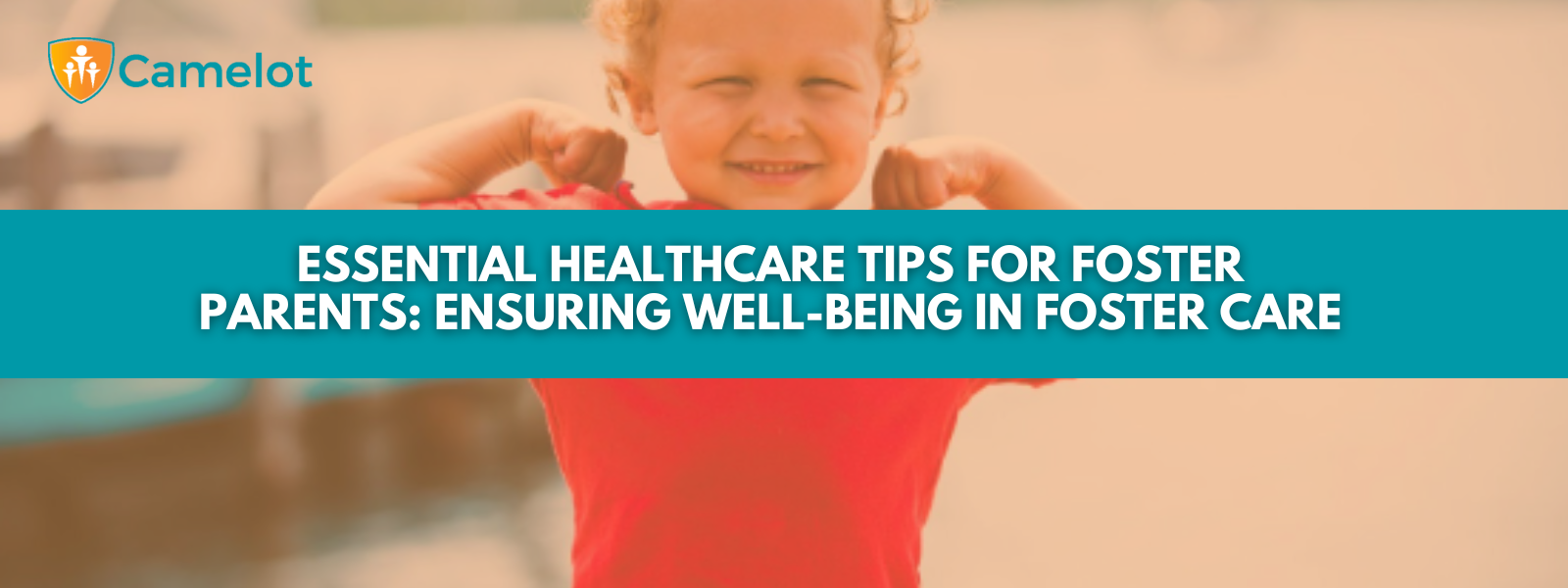
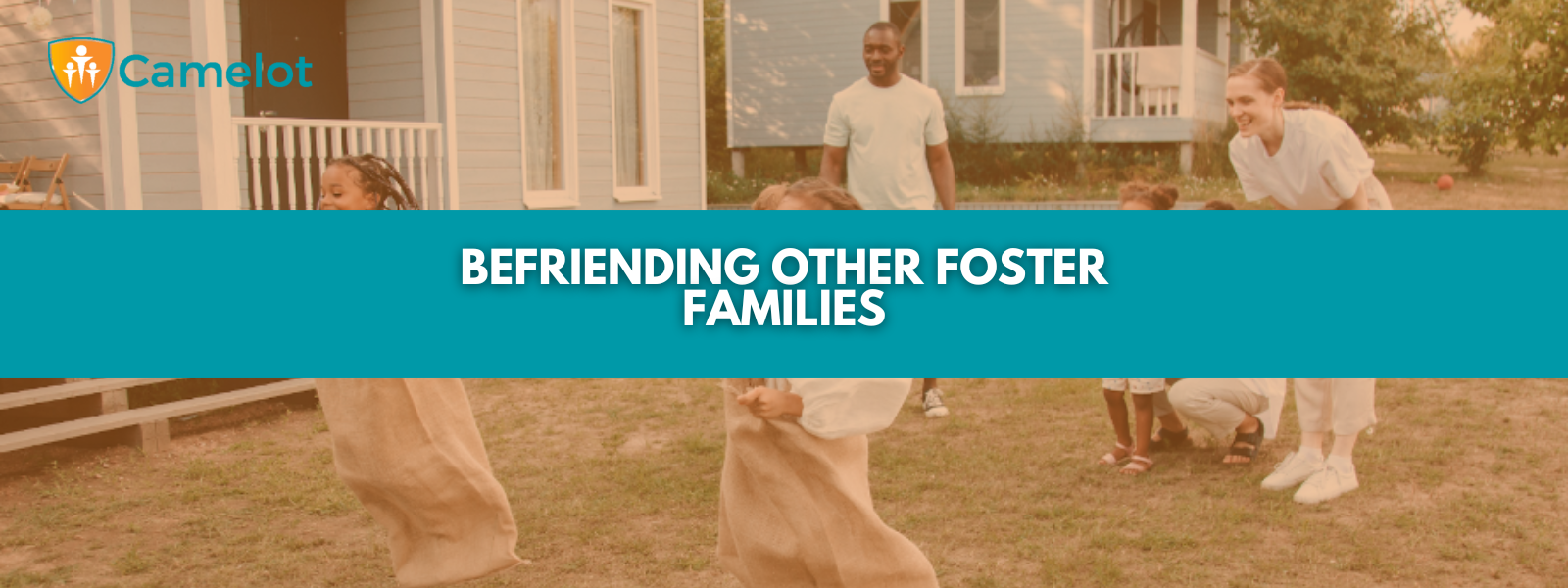

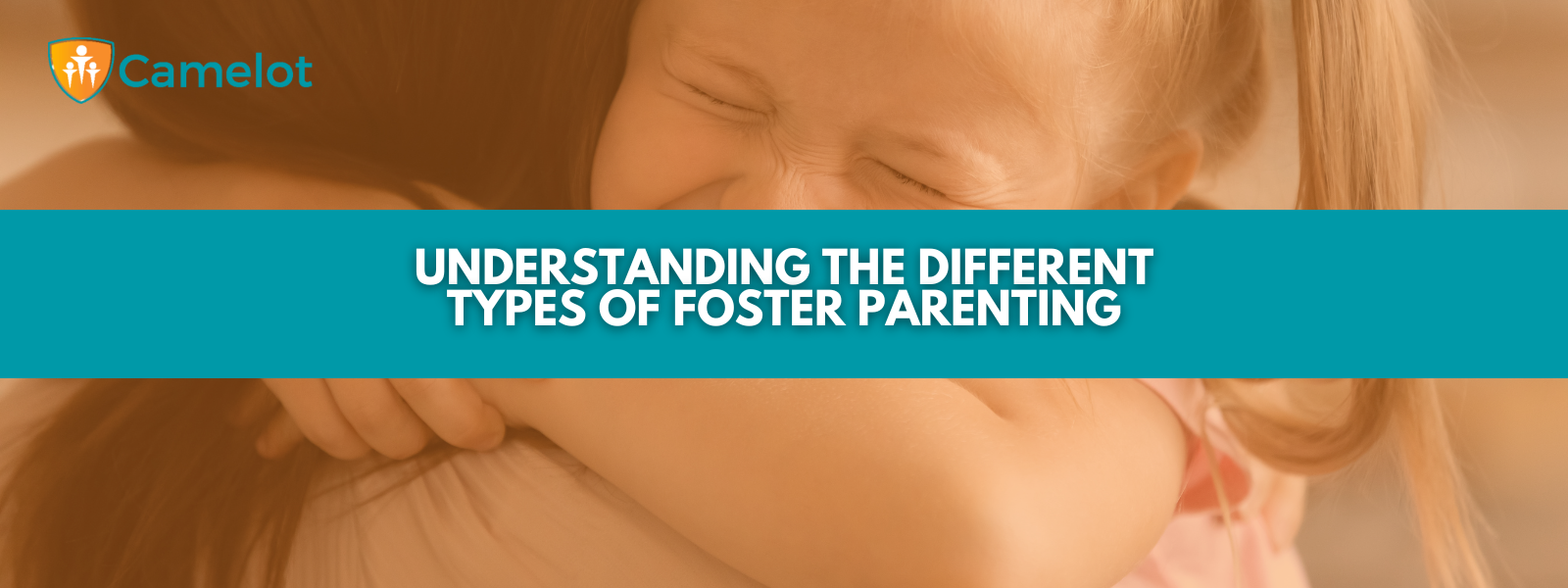
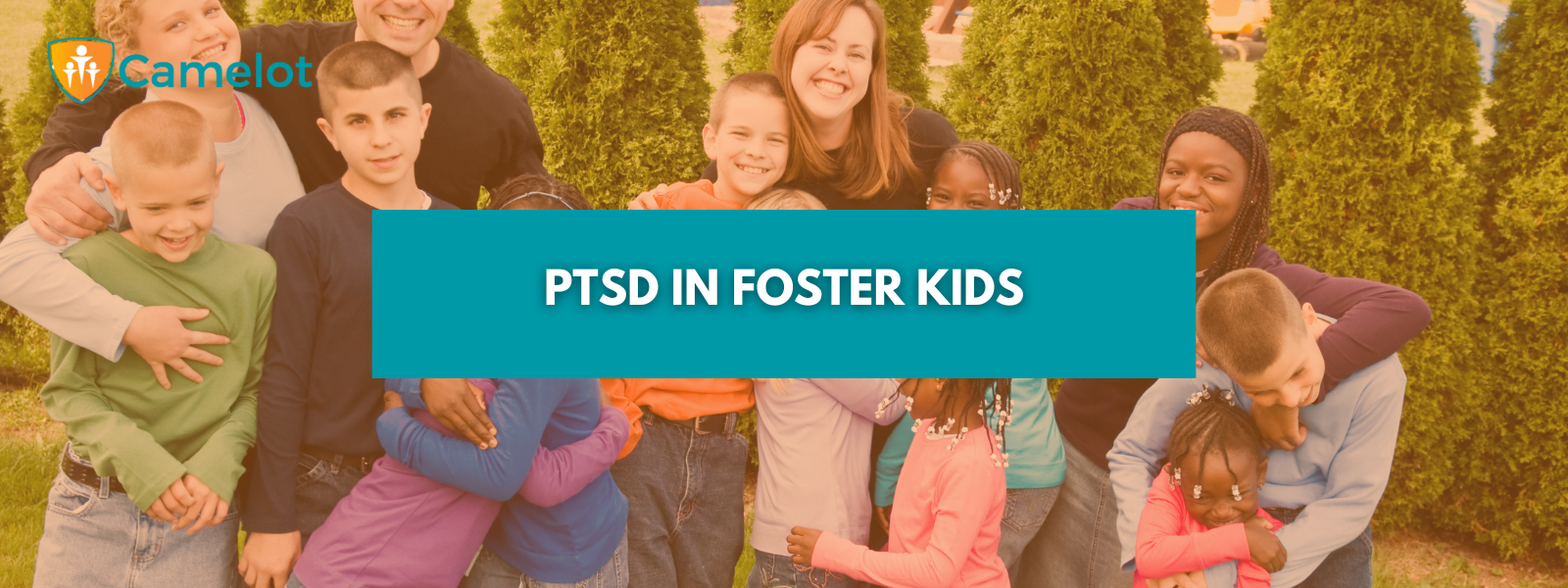
Camelot Care Centers

